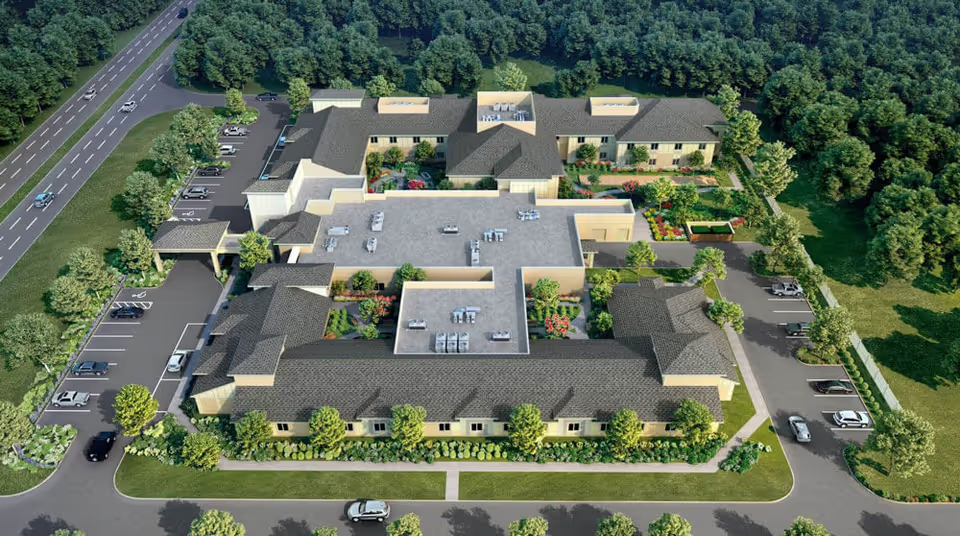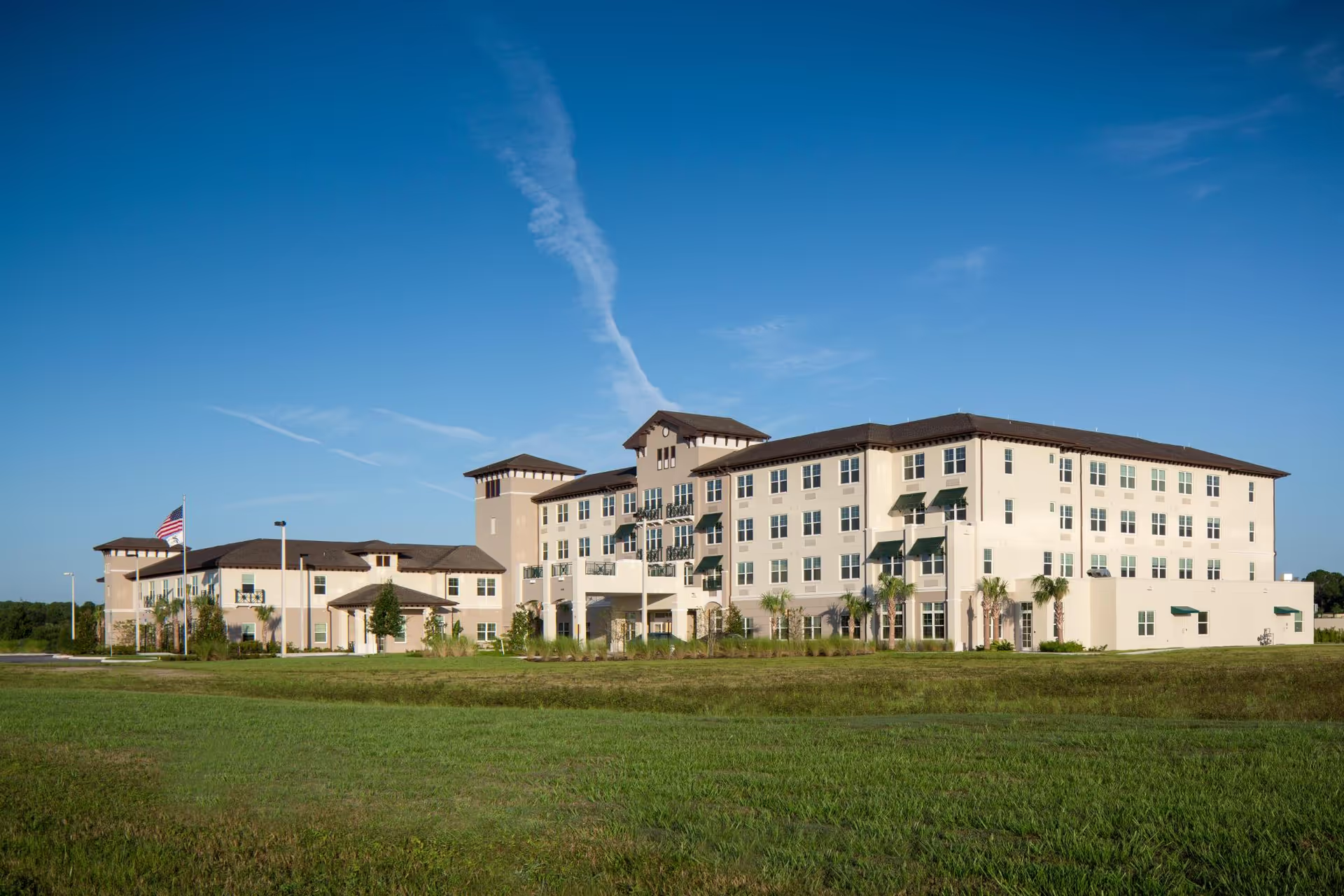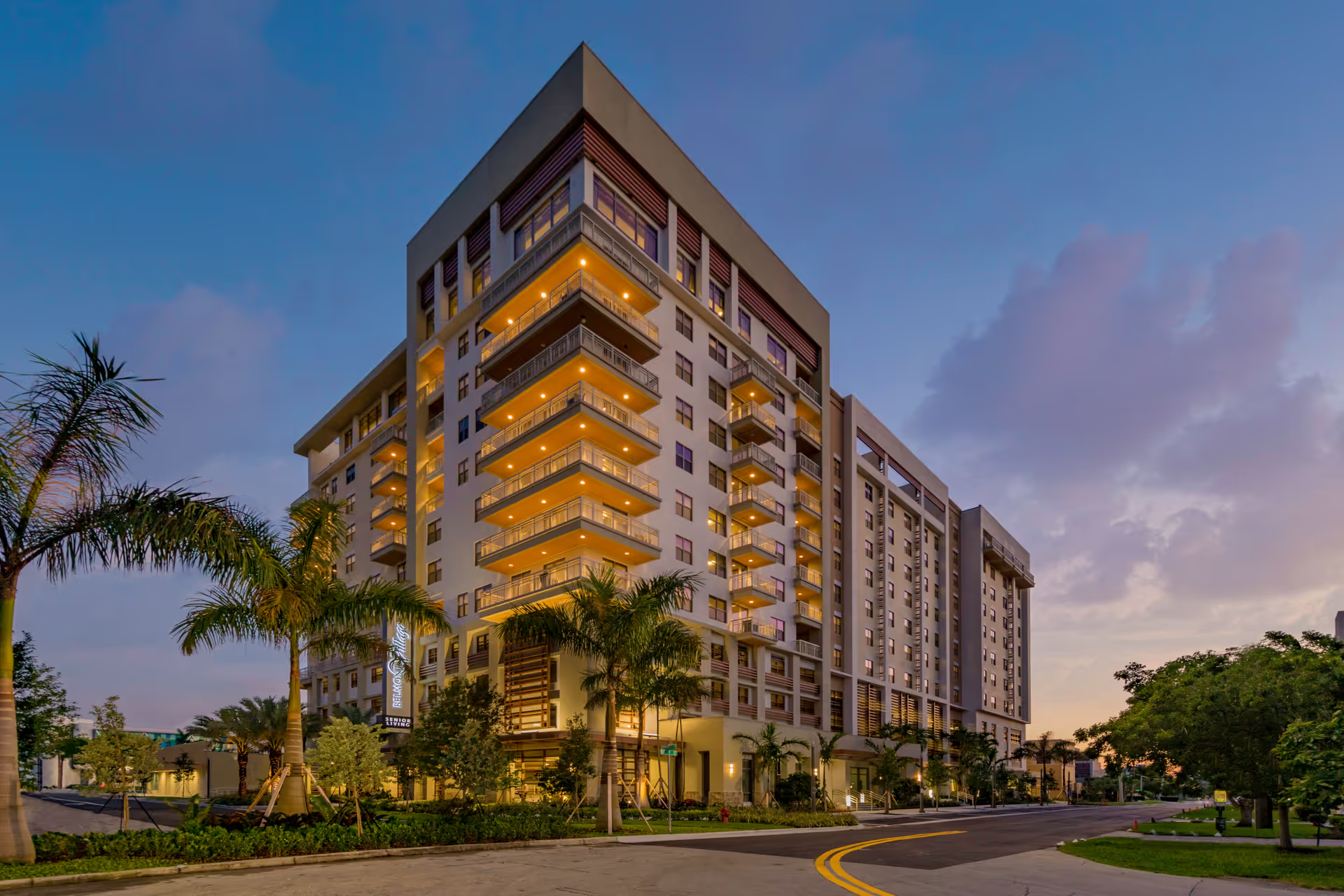The reviews for Astoria Assisted Living present a mixed but sharply divided picture of the community. Several reviewers express strong positive impressions — describing great care, affordability, a comfortable/home-like atmosphere, helpful transition support from admissions staff (with specific praise for Joney), availability of VA assistance, and gratitude toward named employees (Harry, Callie, Adria, Anna). Reviewers who are satisfied highlight the facility's amenities, the kindness of many staff members, and a sense of peace of mind that the placement provides.
However, a distinct set of serious concerns recurs across other reviews. Multiple summaries allege lapses in basic care and safety: a delayed response to a fall, staff not answering calls for help, and a failure to check or document fall risk. There are reports of inadequate personal care (residents not receiving showers and nail care) and shortages of basic supplies such as toilet paper. These issues together suggest gaps in daily operational consistency and immediate resident care that could pose safety and dignity concerns for vulnerable residents.
Staffing and interpersonal interactions are described in both positive and negative terms, indicating variability. On the positive side, several reviewers named and thanked specific staff members, indicating that some employees provide compassionate, effective support and that the admissions/transition process can be strong. On the negative side, reviewers described unresponsive direct-care staff at critical moments (not answering call lights/phones) and poor communication with families. This contrast suggests inconsistent staff performance or variability across shifts and teams rather than a uniformly positive or negative culture.
Management and administrative responsiveness are another notable theme. Some reviewers report that management is unresponsive — phone calls are ignored, directors promise to follow up but do not, and there are repeated requests for many records. These reports point to breakdowns in accountability, follow-through, and clear communication from leadership. Such administrative problems can amplify clinical and operational concerns because families rely on management for coordination, transparency, and resolution when issues arise.
Facility-level strengths are consistently mentioned: reviewers cite attractive amenities and a pleasant facility, reinforcing that the physical environment and some service elements are strong. Financial accessibility (affordable pricing) and acceptance of VA benefits are additional concrete positives that matter to many prospective residents. Yet these facility and financial advantages do not fully offset the reported lapses in care and responsiveness for those who experienced them.
In summary, Astoria Assisted Living elicits polarized experiences. Many families and residents appreciate the facility, its amenities, affordability, helpful admissions staff, and particular caregivers who provide kindness and competent support. At the same time, several serious concerns are raised about safety-related responsiveness (delayed/absent responses to falls and call-for-help), inconsistent personal care, supply shortages, and poor administrative follow-through. The pattern suggests that while the community has meaningful strengths to offer, there are significant operational and managerial issues that need addressing to ensure consistent, reliable care across all residents and shifts.







